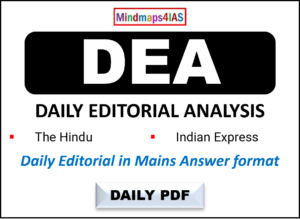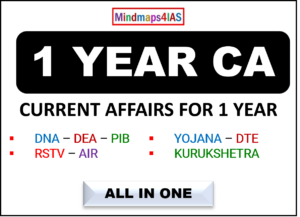- Source – The Hindu
- Link – https://www.thehindu.com/opinion/lead/trials-medical-ethics-and-the-orbit-of-power/article68364066.ece
- Syllabus – GS Paper 02
- Topic – Social Sector-Healthcare related
What is the issue?
Medical research advances healthcare but presents significant ethical challenges. The Covaxin clinical trial in Bhopal, India, highlighted issues like informed consent, vulnerable population enrollment, and inadequate monitoring, emphasizing the need for reforms in India’s regulatory framework and ethical oversight.
Ethical Challenges in Medical Research:
- Informed Consent and Vulnerable Populations:
- Issue: Ensuring informed consent is crucial, but vulnerable populations often struggle to understand risks and benefits.
- Example: In the Covaxin trial, inadequate consent procedures and enrollment of vulnerable groups without sufficient protection were alleged.
- Transparency and Data Integrity:
- Issue: Transparency in clinical trial data and results is vital for scientific scrutiny and public trust.
- Example: Legal petitions in India highlighted the need for transparent reporting of trial data amidst regulatory ambiguities.
- Whistleblower Protection and Ethical Dissent:
- Issue: Whistleblowers are crucial for exposing ethical breaches, but inadequate legal protections can deter reporting.
- Example: Carl Elliott’s work underscores the risks faced by whistleblowers challenging unethical practices.
- Regulatory Framework and Oversight:
- Issue: Effective regulation is essential to monitor compliance with ethical standards, yet regulatory frameworks may be insufficient or inconsistently applied.
- Example: Criticism of India’s Central Drugs Standard Control Organization for gaps in oversight and enforcement.
- Industry Practices and Conflicts of Interest:
- Issue: Industry influence and conflicts of interest can compromise ethical standards and research integrity.
- Example: Instances where pharmaceutical companies prioritize commercial interests over participant safety or ethical guidelines.
- Cultural and Societal Factors:
- Issue: Cultural norms and societal attitudes towards medical research can influence ethical decision-making and participant recruitment.
- Example: Research in developing countries often faces criticism for exploiting socio-economic vulnerabilities and inadequate healthcare infrastructure.
- Ethics Committee Functionality and Accountability:
- Issue: Institutional ethics committees safeguard participant rights, but their effectiveness varies.
- Example: Reports from the Clinical Trials Registry–India reveal non-functional ethics committees and inadequate oversight.
What needs to be done?
- Strengthening Regulatory Frameworks: Implementing clear and stringent regulations that align with international standards to ensure comprehensive oversight of clinical trials.
- Enhancing Transparency: Mandating transparent reporting of trial data and outcomes to foster accountability and trust among stakeholders.
- Improving Informed Consent Practices: Developing guidelines and training programs to enhance understanding and compliance with informed consent procedures, particularly for vulnerable populations.
- Whistleblower Protection: Enacting robust legal protections for whistleblowers to encourage reporting of ethical violations without fear of reprisal.
- Capacity Building: Enhancing the capability and independence of institutional ethics committees to effectively monitor and enforce ethical standards.
- Promoting Ethical Awareness: Educating researchers, healthcare professionals, and the public about ethical principles and their importance in medical research.
By implementing these measures, India can foster a culture of ethical conduct in medical research, ensuring participant safety, scientific integrity, and public confidence in healthcare innovation. These steps are essential for advancing the field while upholding ethical standards crucial for global health advancement.
















